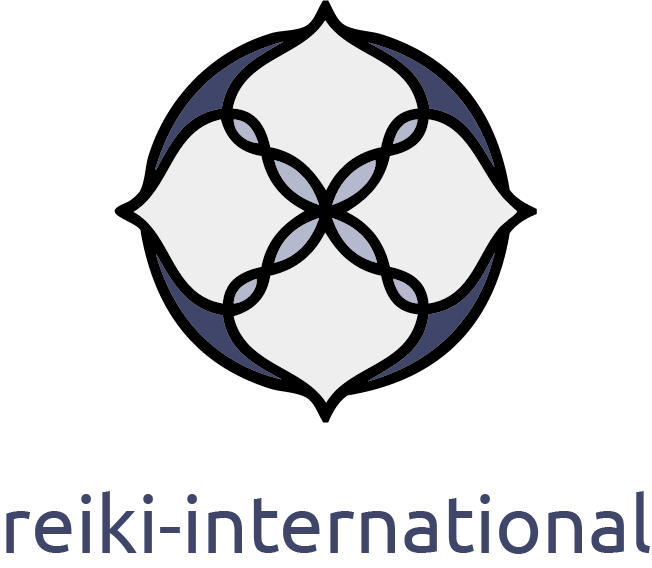It is still a matter of course for the master craftsman: he or she has the skills and experience that make it possible to train apprentices. What about the Reiki “master”?
Introduction
Initiation – simply put – is an introduction into something new. The roofer, the master craftsman, introduces his apprentice to the technical knowledge of roof construction. This introduction is the responsibility of the trainer, the (teacher) master.
Capitalized, by the way, Reiki refers to the teaching and reiki to that which is usually called “energy”. Since the energetic phenomenon reiki works holistically according to its own natural laws, the practitioner has no influence on it. Working with reiki is easy and that is probably its most impressive characteristic.
The introduction to reiki is done using a simple initiation technique, often called “attunement”. This is apt, because the hands of the student are sensitized in the seminar to the extent that afterwards reiki “flows” from the hands. The course instructor learned the initiation during her training. It is an important element of the master’s learning because initiation includes more than merely the technicality of it.
In the seminar the leader alternately wears two hats. She carries out the initiation, the central element to have access to reiki at all, and afterwards she deals with the Reiki teaching. Thus, one could say that she wears the hat of a master at initiation and that of a teacher at practice.
Paradoxically, roofers or hairdressers rarely get challenging looks when they call themselves masters. (At least not in German language.) The Reiki master often does. That’s why some people just call themselves “Reiki teachers”. Too bad, because the mystery of the spiritual gift, which the initiation contains as an added value beyond the reiki flow, fades into the background.
Master is red-hot
The term “master” is appropriate and correct, honest and authentic. Not only in German does it hold the understanding and the self-evident fact that it is based on solid knowledge, experience and a well-founded education. Especially in an age of alternative facts and political correctness, “master” deserves respect, whether it refers to a woman or a man.
Reiki is also a spiritual practice, not merely a craft. The term “master” – in context with Reiki, as is the topic of this discussion – includes another, rather mystical dimension during the initiation in the seminar. It is of personal, individual significance even transcending Reiki. To circumvent this fact for political correctness and so as not to have to call them by their name, could be questioned as labeling fraud.
Admittedly, in recent years many people have called themselves “masters” who hardly deserve it. However, this should primarily lead to aiming at high quality standards in training and not to optimizing labels.
Of course I am not concerned here with dogmatism, but with celebrating the values behind the word “master”. It is in this spirit that I write this article in order to celebrate Maya:
Maya Cairoli started Reiki in 1997 and her training began in April 2015. It is a very special honour for Mischa and me to have graduated Maya on June 15th. Part of the graduation ceremony includes the presentation of our certificate. It says “Master”. It means – to quote a German colleague – a master with teaching authority.
Congratulations!
Translated with the aid of DeepL.


